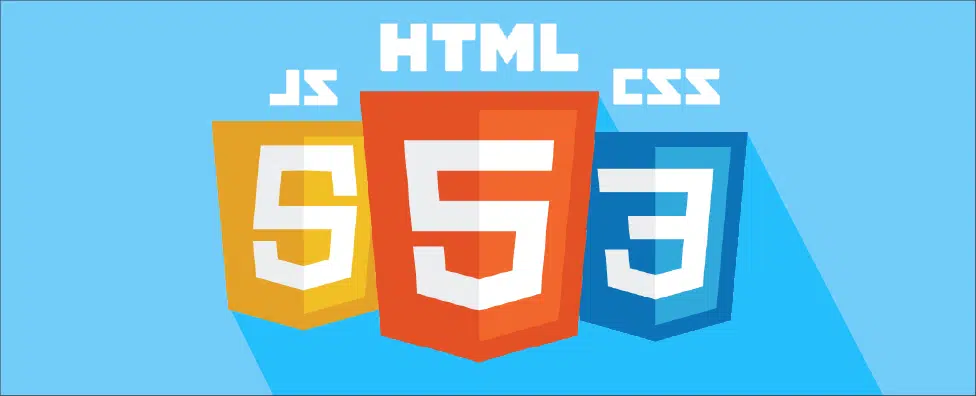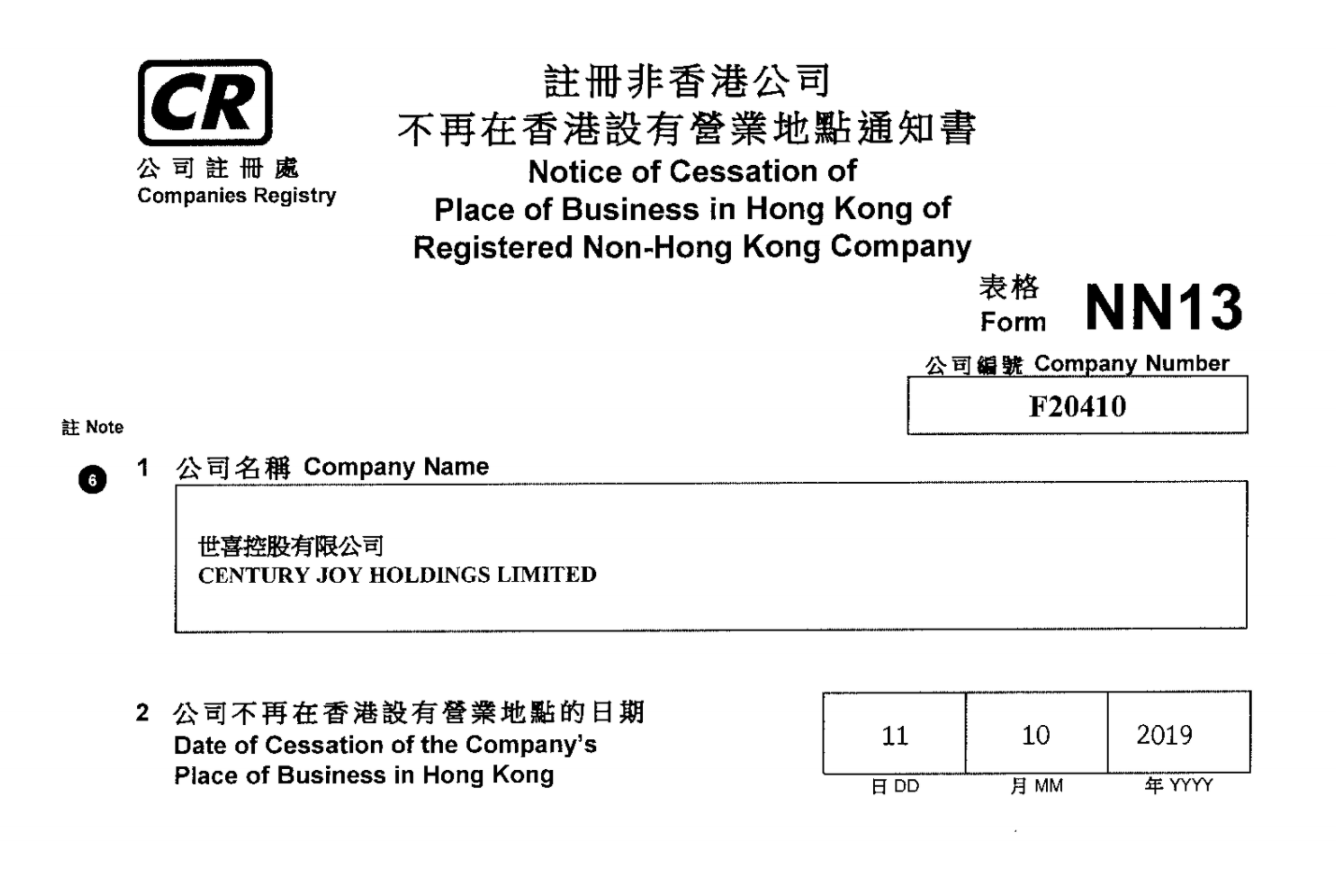Hybrid App Development: Combining the Best of Both Worlds

Hybrid App Development Combining the Best of Both Worlds
Hybrid app development has become increasingly popular in recent years, offering a combination of the benefits of both native and web app development. With hybrid app development, developers can leverage the strengths of each approach to create a single app that works across multiple platforms. In this article, we’ll explore what hybrid app development is, how it works, and why it’s a smart choice for businesses looking to develop mobile apps.
Introduction
As mobile app usage continues to rise, businesses are looking for ways to make their apps accessible across all platforms. This is where hybrid app development comes in. Hybrid apps are a combination of native and web apps, offering the best of both worlds. Hybrid apps are faster to develop, cost-effective, and work seamlessly across multiple platforms. In this article, we’ll explore the advantages and disadvantages of hybrid app development and how it works.
What is Hybrid App Development?
Hybrid app development is the process of creating an app that works across multiple platforms using a single codebase. Unlike native apps, which are designed for a specific platform, hybrid apps can work on both iOS and Android devices. Hybrid apps are built using web technologies like HTML, CSS, and JavaScript, which are then wrapped in a native app shell. This means that hybrid apps are essentially web apps running inside a native app.
Native App Development
Native app development involves building apps specifically for a particular platform like iOS or Android. Native apps are written in languages like Swift or Java, and they are optimized for that platform. This means that native apps offer better performance and a more seamless user experience. However, native app development can be time-consuming and expensive since developers need to build separate versions of the app for each platform.
Web App Development
Web app development involves building apps that run on a web browser. Web apps are built using web technologies like HTML, CSS, and JavaScript, and they are accessible through a web browser. Web apps are easier to develop and cost-effective, but they don’t offer the same level of performance as native apps.
Benefits of Hybrid App Development
Hybrid app development offers several advantages over native and web app development. Firstly, hybrid apps can be developed faster than native apps since developers only need to write a single codebase. This makes hybrid app development more cost-effective than native app development. Additionally, hybrid apps work seamlessly across multiple platforms, making them accessible to a wider audience.
How Does Hybrid App Development Work?
Hybrid app development works by using a single codebase to develop an app that works on multiple platforms. This is achieved by wrapping the web app in a native app shell using tools like Apache Cordova or Ionic. The native app shell provides access to device-specific features like the camera or GPS, while the dapp development services provide the app’s functionality.
Tools for Hybrid App Development
There are several tools available for hybrid app development, including Apache Cordova, Ionic, and React Native. These tools provide developers with the ability to build hybrid apps using web technologies like HTML, CSS, and JavaScript.
Challenges of Hybrid App Development
While hybrid app development offers several benefits, it also presents some challenges. One of the main challenges of hybrid app development is performance. Since hybrid apps are essentially web apps running inside a native app shell, they may not perform as well as native apps. This can be especially true for apps that require heavy graphics or complex calculations. Another challenge of hybrid app development is maintaining compatibility across different platforms. Developers must ensure that the app works seamlessly across different devices and operating systems.
Best Practices for Hybrid App Development
To ensure the success of a hybrid app development project, developers should follow best practices. These include optimizing app performance, maintaining compatibility across different platforms, and ensuring that the app’s user interface is consistent across different devices. Additionally, developers should consider factors like app security and data storage when developing hybrid apps.
Examples of Hybrid Apps
There are several popular hybrid apps available in the market today. These include Instagram, Uber, and Airbnb. These apps use a combination of native and web technologies to deliver a seamless user experience across multiple platforms.
Hybrid App Development vs. Native App Development vs. Web App Development
Hybrid app development offers several advantages over native and web app development. Native app development offers better performance and a more seamless user experience, but it can be time-consuming and expensive. Web app development is easier to develop and cost-effective, but it may not offer the same level of performance as native apps. Hybrid app development offers a balance between the two, offering the speed and cost-effectiveness of web app development and the performance and user experience of native app development.
Future of Hybrid App Development
As mobile app usage continues to rise, hybrid app development is likely to become even more popular in the future. With the increasing demand for apps that work across multiple platforms, hybrid app development offers a smart choice for businesses looking to develop mobile apps.
Conclusion:
Hybrid app development offers a smart choice for businesses looking to develop mobile apps. With the benefits of both native and web app development, hybrid apps offer faster development times, cost-effectiveness, and seamless functionality across multiple platforms. As the demand for mobile apps continues to rise, hybrid app development is likely to become even more popular in the future.




